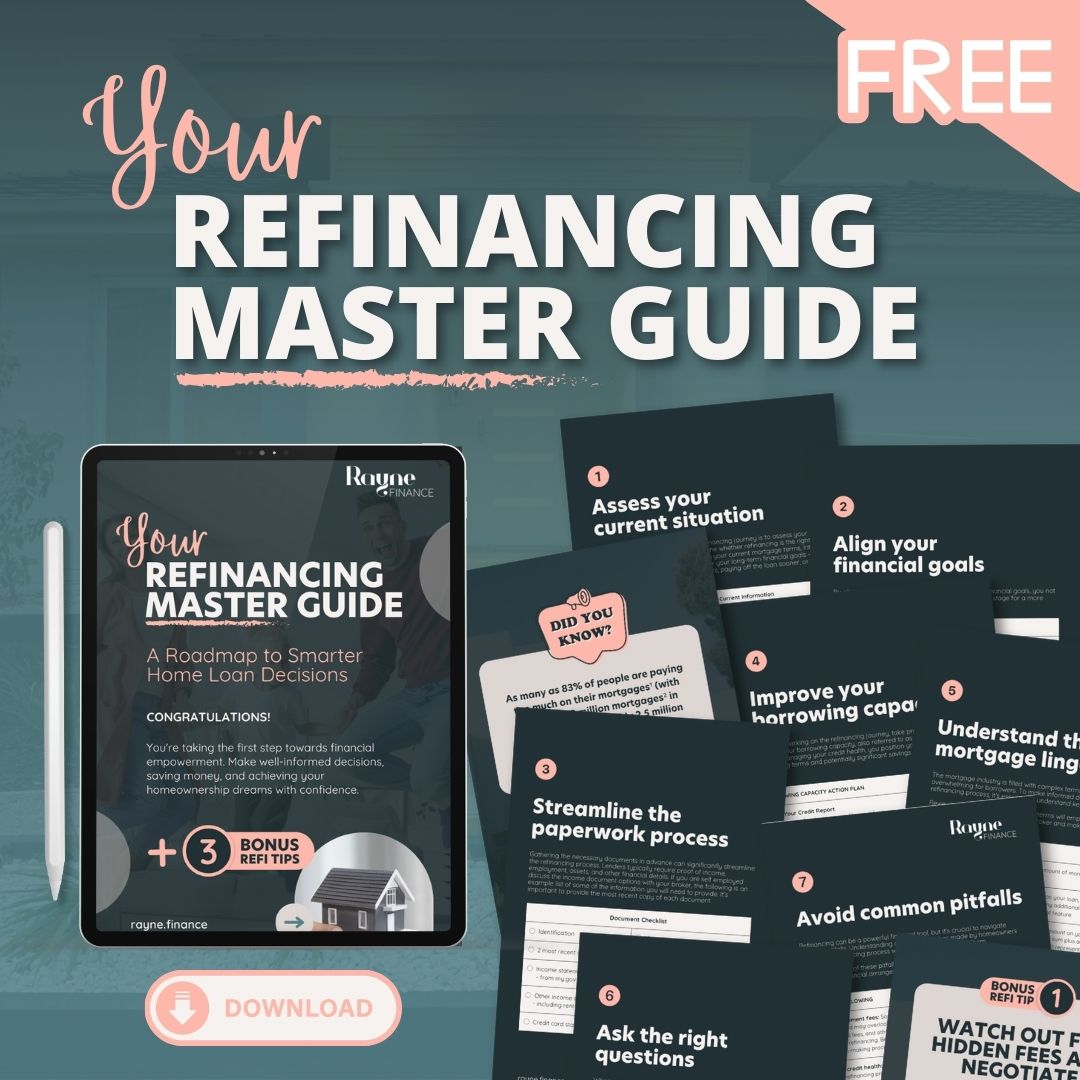If you’re trying to enter the property market, the federal government has just potentially made it a little easier. As of 1 July 2025, another 50,000 places have been made available under the Home Guarantee Scheme for the 2025–26 financial year.
This scheme is designed to help eligible buyers purchase a home with a smaller deposit, by having part of their loan guaranteed by the government. That allows participants to buy a property without needing to pay lenders mortgage insurance (LMI), which can save thousands of dollars.
The 50,000 additional places will be allocated as follows:
35,000 places for the First Home Guarantee – helping eligible first-home buyers purchase a property with as little as 5% deposit.
10,000 places for the Regional First Home Buyer Guarantee – supporting eligible first-home buyers in regional areas.
5,000 places for the Family Home Guarantee – assisting eligible single parents or single legal guardians with a deposit as low as 2%.
Many Australians have already benefited
Housing Australia CEO Nathan Dal Bon said the scheme “continues to play an important role in helping Australians achieve the dream of home ownership” and that it “has already helped over 160,000 people since 2020”.
To be eligible, you’ll need to meet certain criteria, including income caps and property price limits, which vary by location and guarantee type. You must also be an Australian citizen or permanent resident and plan to live in the home.
The new places are expected to be popular, so it’s a good idea to get prepared if you think you might qualify. We can talk you through getting your finances in order and walk you through the application process.
Licensing statement: Rayne Finance ABN [70 605 100 838] is authorised under LMG Broker Services Pty Ltd Australian Credit Licence 517192. Disclaimer: (1) As with any financial scenario there are risks involved. This information provides an overview or summary only and it should not be considered a comprehensive analysis. You should, before acting in reliance upon this information, seek independent professional lending or taxation advice as appropriate and specific to your objectives, financial circumstances or needs. This publication is provided on the terms and understanding that: (2) LMG Broker Services Pty Ltd, Rayne Finance (Seed Lending Pty Ltd) and the authors, consultants and editors are not responsible for the results of any actions taken on the basis of information in this publication, nor for any error in or omission from this publication. (3) LMG Broker Services Pty Ltd, Rayne Finance (Seed Lending Pty Ltd) and the authors, consultants and editors, expressly disclaim all and any liability and responsibility to the maximum extent permitted by the law to any person, whether a purchaser or reader of this publication or not, in respect of anything, and of the consequences of anything, done or omitted to be done by any such person in reliance, whether wholly or partially, upon the whole or any part of the contents of this publication.
Explore other FAQs and Facts
What happens to my mortgage in a divorce?
Dividing property after a separation can be overwhelming, especially when a mortgage is involved. Whether you plan to sell or refinance, it’s vital to understand your legal and financial responsibilities. This guide answers common questions to help you navigate your options with more clarity and avoid costly missteps during divorce.
How to buy your first home with a sibling or friend
Buying your first home with a sibling or friend can make it easier to get into the market. By combining deposits and sharing costs, you may be able to buy sooner or buy better. With support like the First Home Guarantee, co-ownership can be a practical path to ownership.
Experts outline their price and rent forecasts for 2026
Australia’s property market is entering 2026 with continued momentum, according to forecasts from Domain, SQM Research and Ray White Group. While growth rates are expected to vary by city and property type, the overall outlook points to rising prices and rents, shaped by interest rates, supply levels and broader economic conditions.
Grants, Schemes & Deposits: A 2026 Guide for First Home Buyers
Buying your first home is about more than just saving a deposit. This guide breaks down what a deposit really means, how much you might need, and the key government grants and schemes available in 2026 to help first home buyers get into the market sooner.
Savings: The Foundation of Your First Home Deposit
Saving for your first home is not just about how much money you have. Lenders also look at how your deposit has been built over time. Understanding the difference between savings and genuine savings early can make the entire home buying process clearer and far less stressful.
Buy now pay later (BNPL): Helpful for Christmas but will it hurt your home loan chances?
Did you use BNPL to get through Christmas? You’re not alone. But with new credit rules now in place, even small pay-later habits could affect your chances of getting a home loan. Here’s what’s changed, what lenders are looking at, and how to make sure your BNPL use doesn’t hold you back.
Regional Victoria: Why buying now stacks up
Regional Victoria’s property market has hit a sweet spot in 2025. Towns like Ballarat, Bendigo and the Surf Coast are seeing steady growth supported by real demand, thriving infrastructure and better buyer choice. With balanced conditions and lasting value on offer, it’s an ideal time to make your move locally.
The Block Daylesford: TV Hype vs. Market Reality
The Block’s Daylesford finale made headlines for all the wrong reasons, but beyond the TV drama, the regional outcome was far from a failure. With three homes selling over $3 million and millions injected into the local economy, the real winner wasn’t the contestants, it was the town.
Five tips to get your property ready for sale
Spring is peak selling season, with listings up 14.4% in August alone. Warmer weather, blooming gardens, and longer days bring buyers out in force. If you’re thinking of selling, small changes like freshening up your street appeal or boosting natural light can make a big impact on both speed and price.
How property markets are performing throughout Australia
Australia’s property market is maintaining steady momentum, with dwelling prices rising 1.7% in the first five months of 2025. Perth leads annual growth at 8.6%, followed by Adelaide and Brisbane. Nationwide, demand is outpacing supply, fuelled by interest rate cuts, strong migration, and renewed buyer confidence.














